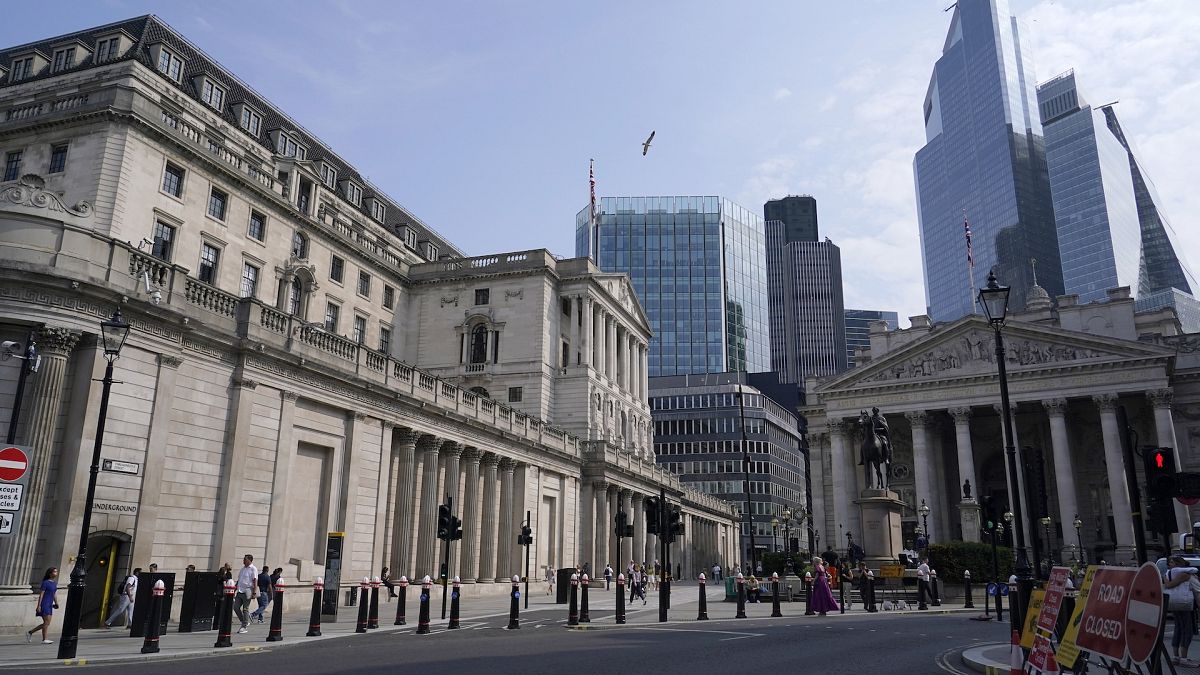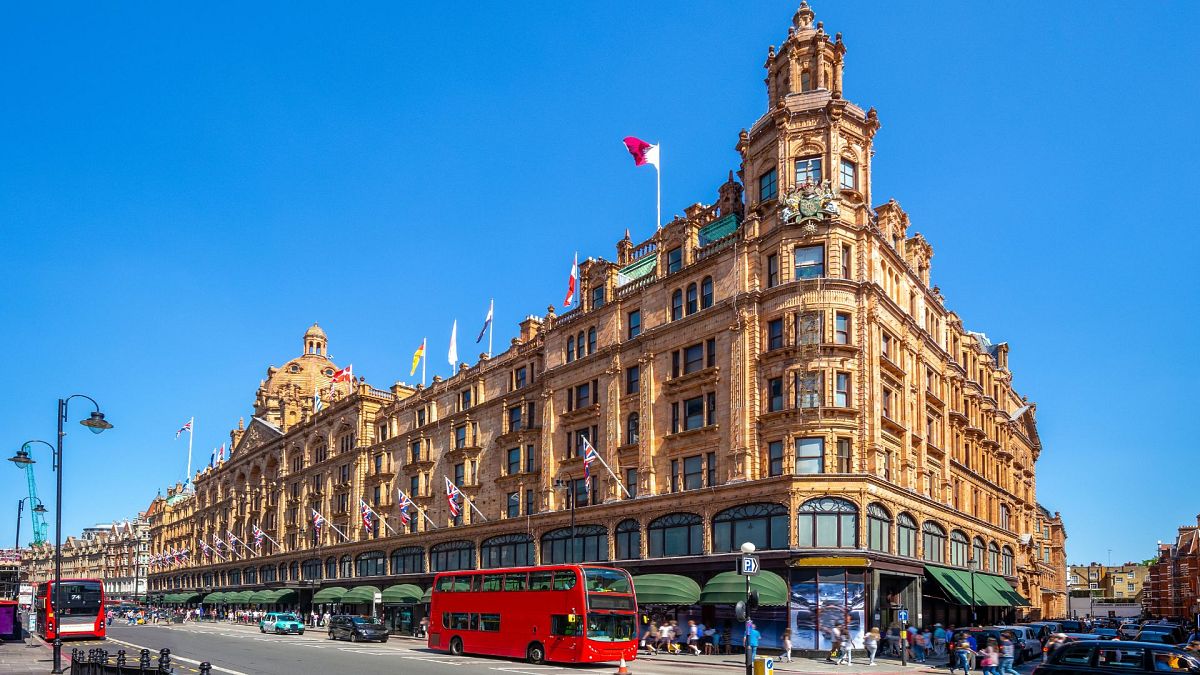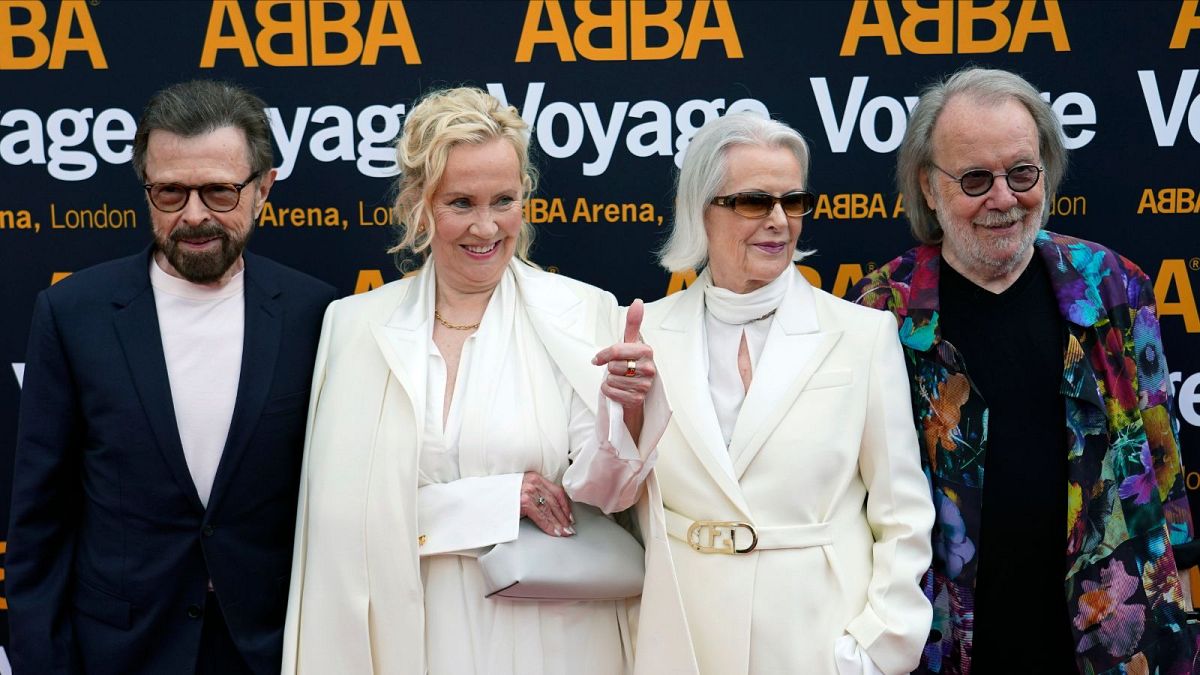Why Shakespeare is totally overrated

With endless adaptations on stage and screen, does Shakespeare deserve all the reverence?
In the National Theatre’s most recent staging of ‘Twelfth Night’, Malvolia (a gender-swapped Malvolio played by Tamsin Greig) performs some of the most famous lines of the play from a fountain.
Greig is ingenious casting for the role. She’s comedy royalty in the UK, known for her range of witty and eccentric characters in sitcoms like Black Books, Green Wing and Friday Night Dinner. Here, she puts her best slapstick chops forward, dashing water around as she reads a note that portends a romantic admirer.
Some critics viewed her splashing about in the fountain as a coming out scene, as was likely the intention of the director Simon Godwin. Watching it, it’s one of the funniest scenes of the play. In fact, every time Greig is on stage the whole performance goes up a notch.
The problem is it all rests on Greig’s top-shelf physical comedy. The audience is enraptured by her. So much so, she could have said anything. It just so happens to be the monologue where Shakespeare writes the immortal line: “Some are born great, some achieve greatness, and some have greatness thrust upon ‘em.”
This is the heart of my problem with William Shakespeare. More specifically, this is my problem with the endless productions of Shakespeare on British stages with little thought as to what theatre actually needs.
Before I go on, I will note that I’m not about to question Shakespeare’s legacy. He is, bar none, the most influential writer in the English language. His use of language is also exceptional. It is worth studying in schools and preserving.
What Shakespeare isn’t, is actually enjoyable to watch today.
While at university, I spent a lot of time around drama students where I heard a regular adage. The gist was, the only way to perform Shakespeare is if you understand the text exactly. The theory being that simply saying the lines to an audience would always leave them clueless to their meaning. Instead, the way to communicate the intent of the text would always require a physical form of acting.
Most directors would insist that you understand the text of a play you are performing. But the reason Shakespeare was the example is, I believe, because we’ve all tacitly agreed that these words don’t make sense anymore. On the page under rigorous scrutiny, they hold wonders. On a stage, they are limp and hollow.
Back to Greig and ‘Twelfth Night’. Her performance was enthralling entirely because she understood that university message. You could watch the whole thing on mute and it would work just as well. Some would argue this is thanks to the richness with which Shakespeare imbued his text. I’d argue that if this is the man we herald as the greatest of English writers, shouldn’t the specific words he used matter?
Another example, this time the trailer for the more recent National Theatre adaptation of ‘Much Ado About Nothing’. Set in the Riviera, the swing soundtrack and snappy editing of the trailer implies this is a legendary romcom. In many ways, ‘Much Ado About Nothing’ is the original romcom, so they’re not far off.
But you’ve seen trailers for comedies before. Usually, they’re funny. At one point titles read: “Shakespeare’s irresistible comedy”. Yet no line works as comedy. You’re not alone either. Notice how there is no suggestion the audience is laughing along. An exception even proves this. A character falls from a hammock and clatters to the floor. You hear the audience erupt in laughter. It’s the only time it happens in the trailer and it’s an unscripted slapstick bit. Our greatest writer?
A third example. The most praised adaptation of Shakespeare on a British stage in recent years was the Bridge’s immersive theatre version of ‘A Midsummer Night’s Dream’. Directed by Nicholas Hytner, the audience was immersed in an experience shuffling between circus and hippy revelry. People spoke of the staging in adoration. Once again, not the words.
I question if that many people actually enjoy watching his works at all anymore. Yet, British stages are constantly filled with revivals of these 400-year-old works.
At the Edinburgh Fringe this year alone, there are 54 plays about Shakespeare, ranging from straight adaptations to wry deconstructions.
The Globe Theatre in London almost exclusively performs Shakespeare. The Royal Shakespeare Company regularly churns out… you guessed it. That’s not to even start on the endless other adaptations that take place every year.
I would note, however, that it’s not all of Shakespeare that gets adapted. If you want a bit of romance, there’s ‘Romeo & Juliet’, a bit of bloodshed means ‘Macbeth’, while comedy is ‘Much Ado About Nothing’ and ‘Twelfth Night’. The politics lovers always enjoy ‘Julius Caesar’ and ‘Henry V’ while ‘The Merchant of Venice’ and ‘Othello’ are there for anyone desperate to prove Shakespeare is diverse. Oh there’s also ‘The Tempest’ and ‘A Midsummer Night’s Dream’ but they’re only staged for an excuse to design a stage like a desert island or a fairytale garden.
That’s a reasonably long list of plays. But it’s nowhere near the 39 plays this supposed genius wrote. It also misses out ‘Hamlet’, of which adaptations are far rarer. Many critics would argue ‘Hamlet’ is Shakespeare’s masterpiece. But at over four hours long, even British artistic directors won’t pretend audiences will sit through it. Pretentious numb bums will only take so much.
In Britain, whenever someone wants to praise a piece of drama, the instinct is to reference Shakespeare Kendall Roy’s name being underlined or crossed out in ‘Succession’ was called Shakespearean. Even the King’s pompous coronation this May was given the moniker.
If it’s suggested he is celebrated as an originator of drama, we do a disservice to the far older (and in my opinion more interesting) plays of Ancient Greece, rarely staged in Britain. If we staged him so often because we loved the brilliance of his dramatic era, we’d also see performances of Francis Bacon, Christopher Marlowe or Ben Johnson. If we were interested in the entire dramatic canon, we’d see far more adaptations of Anton Chekhov, Molière, Bertolt Brecht, Goethe, Oscar Wilde, George Bernard Shaw and Samuel Beckett.
None of these things happen. Instead, we have the same author singled out for the rest of history as the only playwright worth adapting.
Shakespeare has become, like so much in Britain, merely an idea. It is a stand-in for a directionless and uninformed instinct to civic pride. Post-Brexit, it’s easier to see Britain’s sense of national pride as what it is. Jingoism. He can be a symbol of our great cultural tradition without requiring any interest in Britain’s culture. His drama is exceptional, for his era. But the plays fall flat today without masses of dramaturgical intervention. Yet the endless repetition of his works seems to be rooted in one desire among any other, to continue to pursue a narrative of his works as great. It is the same voidless “great” that often precedes the name Britain.
Naturally, writing a thousand-plus words on why Shakespeare is overrated is a bit of a futile task. What rankles me most though is that while Shakespeare is used as a paragon of Britain’s cultural richness by our institutions, there is a real lack of investment in cultivating the arts today.
Two of the UK’s only theatres dedicated to supporting new writing had their funding cut by the government last year. Yet works of brilliance that actually deal with the country as it is show the talent that exists today. Right now, ‘Grenfell: in the words of survivors’ is at the National Theatre. It’s an astounding work that revisits the 2017 tragedy in central London. Later in the year, there will be a revival of ‘The Father and the Assassin’, Anupama Chandrasekhar’s excellent play on Mahatma Gandhi and his battle against the British Empire.
Don’t bother with seeing some posh actor living out a private school fantasy this year and go see those plays instead.
Source: Euro News















